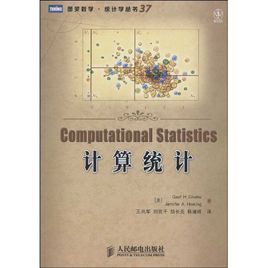We describe the vote package in R, which implements the plurality (or first-past-the-post), two-round runoff, score, approval and single transferable vote (STV) electoral systems, as well as methods for selecting the Condorcet winner and loser. We emphasize the STV system, which we have found to work well in practice for multi-winner elections with small electorates, such as committee and council elections, and the selection of multiple job candidates. For single-winner elections, the STV is also called instant runoff voting (IRV), ranked choice voting (RCV), or the alternative vote (AV) system. The package also implements the STV system with equal preferences, for the first time in a software package, to our knowledge. It also implements a new variant of STV, in which a minimum number of candidates from a specified group are required to be elected. We illustrate the package with several real examples.
翻译:我们描述R的投票方案,它实施多元(或先决后决)、双轮第二轮、分数、核准和单一可转移投票(STV)选举制度,以及选择Condorcet赢家和输家的方法。我们强调STV制度,我们发现该系统在与小选民进行多赢选举(如委员会和议会选举)和选择多工作候选人方面行之有效。对于单赢选举,STV也称为即决决决决投票(IRV)、排名选择投票(RCV)或替代投票(AV)制度。该套方案还首次在软件包中以平等优惠方式执行STV制度,这是我们所了解的。它也采用了新的STV变式,其中要求从一个特定群体中选举出最低人数的候选人。我们用几个真实的例子来说明一揽子方案。



